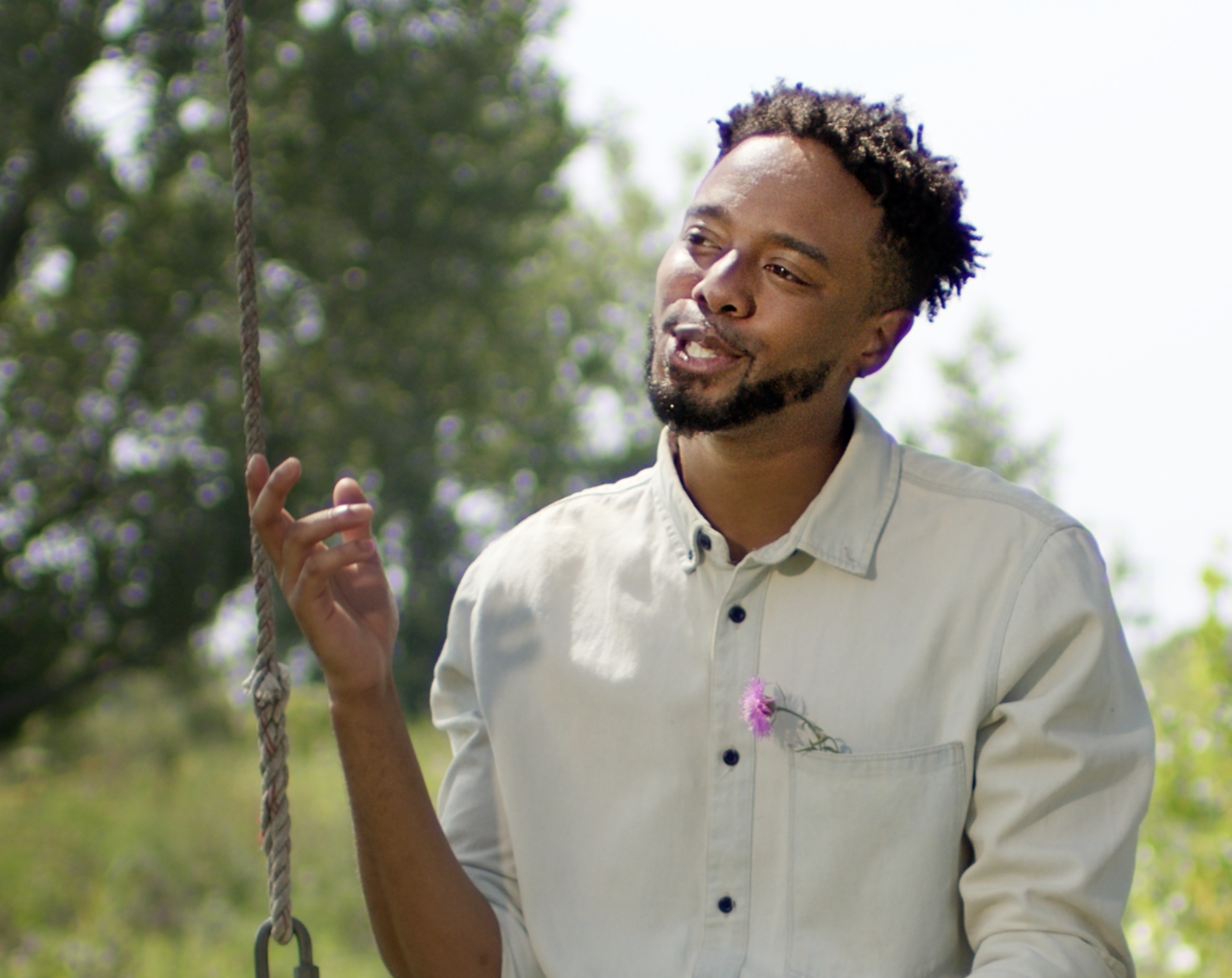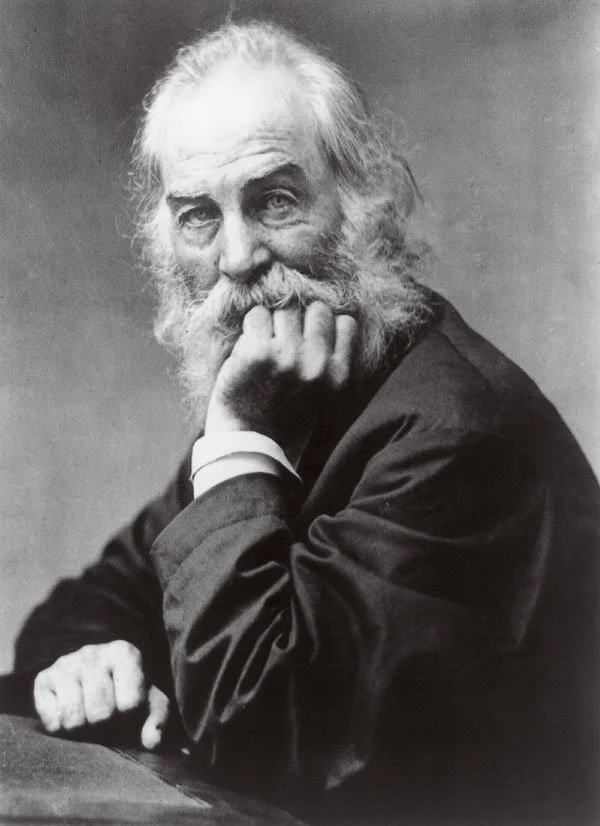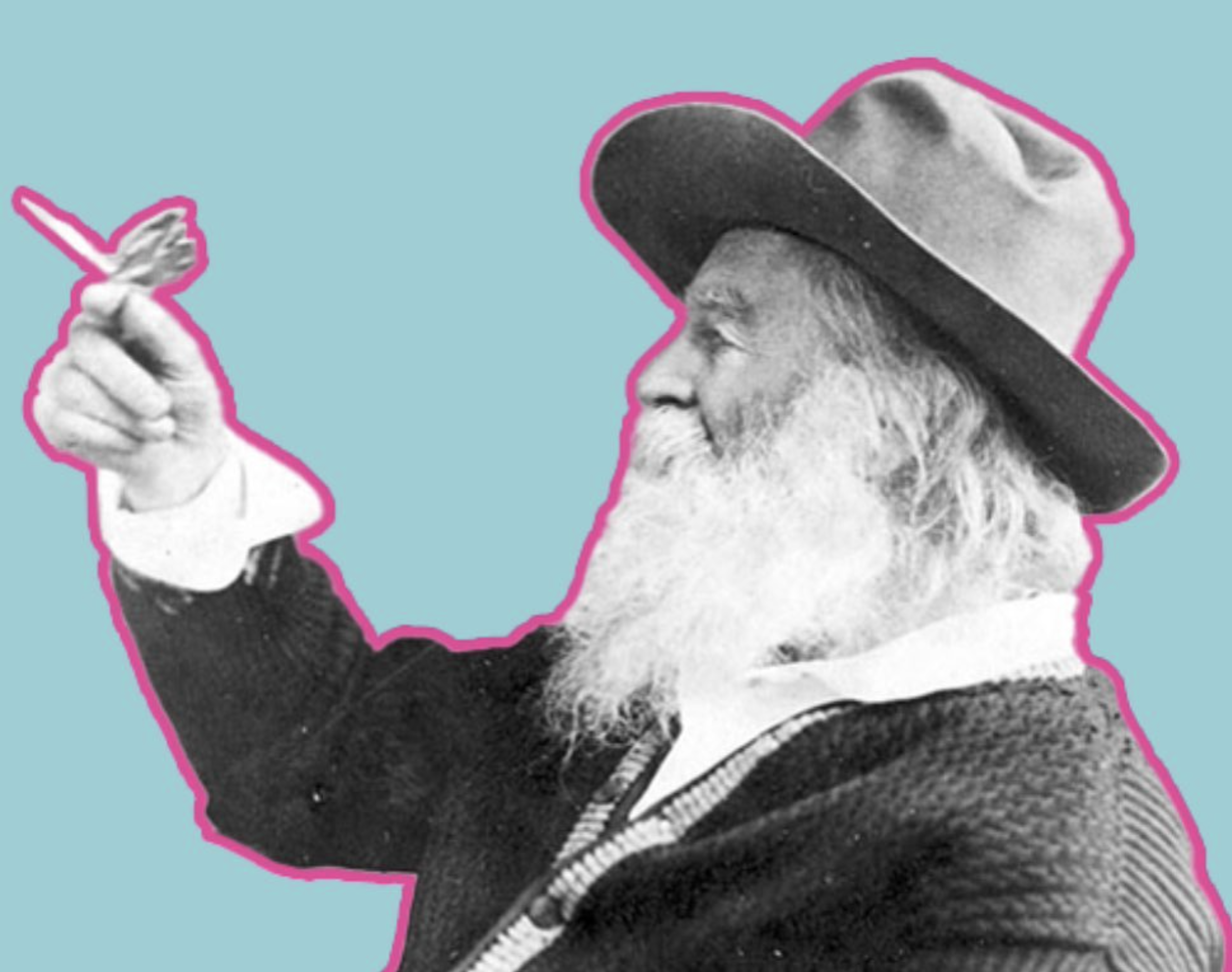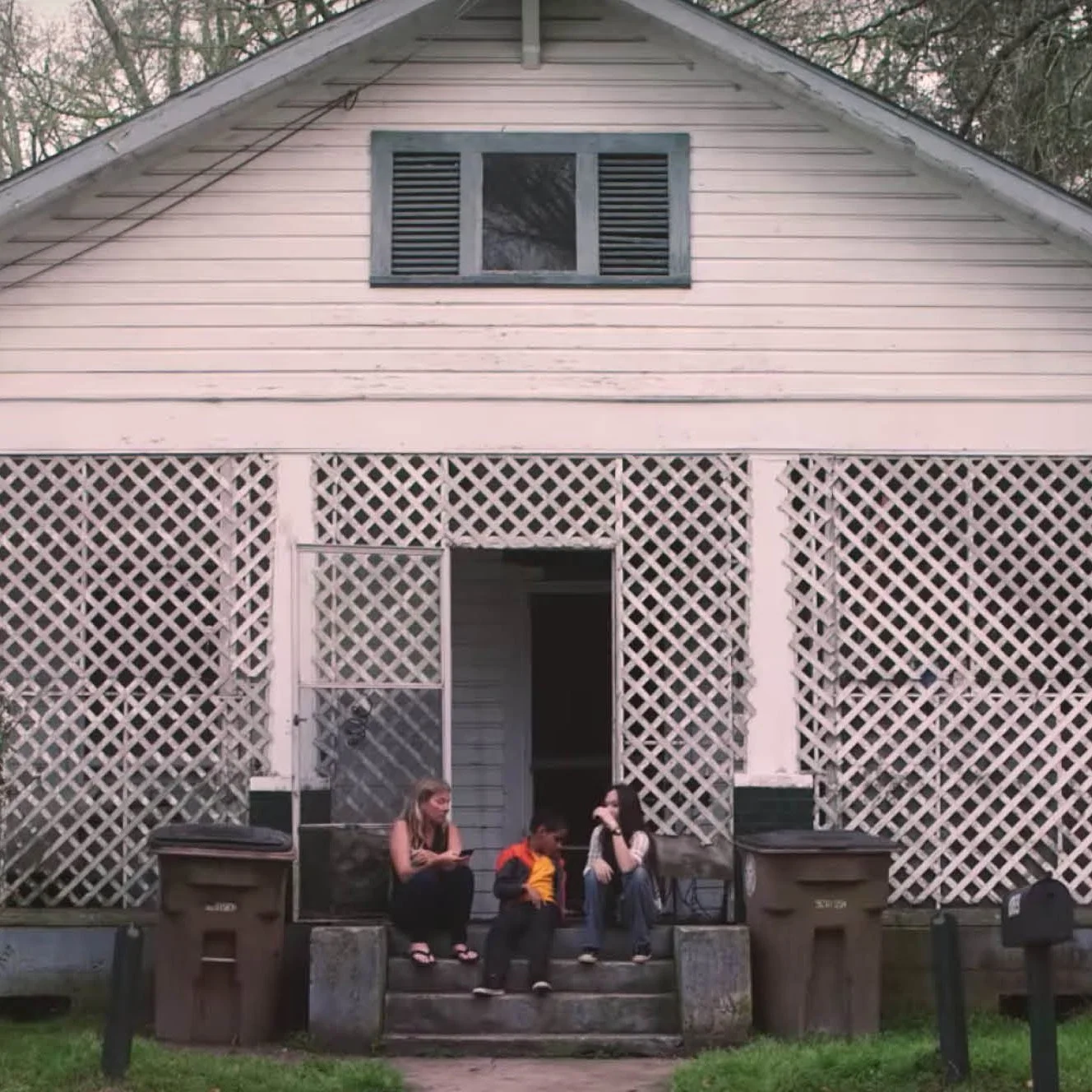resources
Live Oak, With Moss
The latest issue of the Walt Whitman Quarterly Review includes an essay by Sam Magavern about the beautiful edition of Whitman’s Live Oak, With Moss, created by the renowned illustrator Brian Selznick, with an afterword by Karen Karbiener.
Embracing Earth
Readings of Walt Whitman and Charles Burchfield poetry and prose by Ujima Company Actors Brian Brown, Curtis Lovell, and Brandon Williamson, including a short film and a set of sound recordings. Created for the exhibition, “Embracing Earth: Burchfield & Whitman,” at the Burchfield Penney Art Center.
Full Length Film
This one-hour film presents all 45 performances of the Calamus poems by Ujima Company.
Calamus Bibliography
Books and essays that illuminate the Calamus poems.
Ed Folsom
The University of Iowa
The Poem Whitman Added to Calamus
“The Base of All Metaphysics” is the only poem Whitman added to Calamus after 1860. It first appeared in the 1871 edition, placed eighth in the sequence, between “Of the Terrible Doubt of Appearances” and “Recorders Ages Hence.”
Whitman Initiative
The Walt Whitman Initiative’s mission is to celebrate and honor New York City’s literary legacy and to serve as an organizing center for cultural activism and poetry-related events. It is an international collective open to all, seeking to foster a sense of community among those interested in Whitman’s life, work, and influence.
Walt Whitman Archive
The Walt Whitman Archive endeavors to make Whitman's vast work freely and conveniently accessible to scholars, students, and general readers. Drawing on the resources of libraries and collections from around the world, it is the most comprehensive record of works by and about Whitman.
Live Oak, with Moss
As he was first working on the Calamus poems, Whitman copied 12 poems into a notebook which he titled first “Live Oak, with Moss” and later “Calamus-Leaves.” You can view the “Live Oak” manuscript at the Walt Whitman Archive. You can compare the “Live Oak” versions to the 1860 and 1881 versions of the poems in Betsy Erkkila’s book, Walt Whitman's Songs of Male Intimacy and Love: "Live Oak, with Moss" and "Calamus." In 2021 the artist Brian Selznick published an illustrated edition of “Live Oak” with an afterword by Karen Karbiener.
Whitman, Alabama
A series in which filmmaker Jennifer Crandall invites residents of Alabama to read from “Song of Myself.” She describes this beautiful work as “an experiment in using documentary and poetry to reveal the threads that tie us together.”
A Complete Reading of the
Calamus Poems
Listen to Brandon James O’Neil read the complete 1860 text of the Calamus sequence. O’Neil is a poet and scholar originally from Rochester, Michigan. He and his husband have recently relocated to the Phoenix area after living on Manhattan’s Upper West Side. Raised in a conservative bubble, O'Neil first felt seen as a gay man while reading the Calamus poems as a teenager, and he warmly dedicates this reading to the friends and comrades who continue to love and strengthen him.










